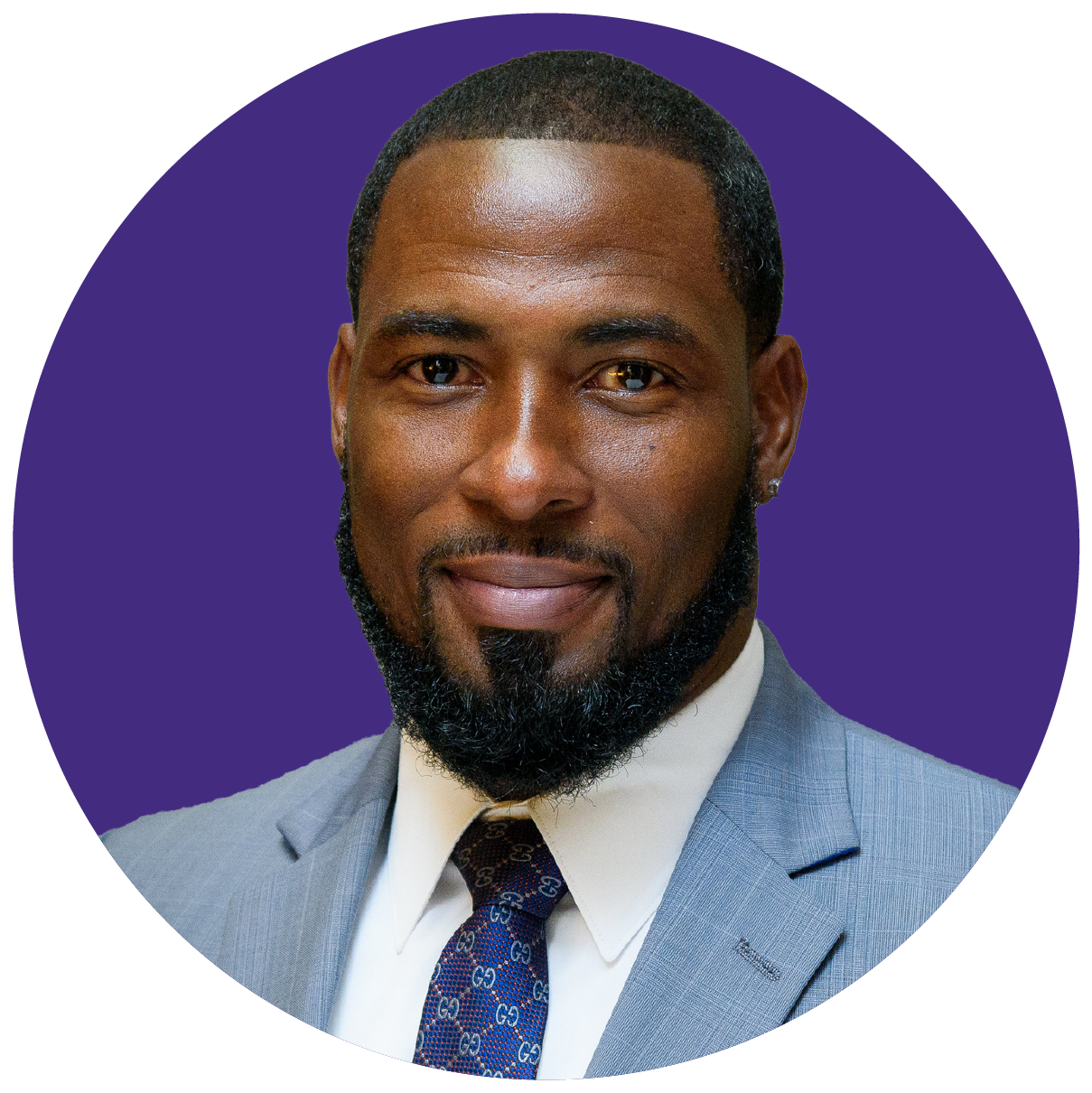
Brian E. Rowland
Consultant and Business Strategist, Prairie View, TX
Brian Rowland serves as a Consultant and Business Strategist. In addition to working with numerous community organizations locally and statewide, Mr. Rowland serves as the Assistant Treasurer for the Texas State Conference for NAACP Branches, Vice Chair for the Texas Association of African American Chamber of Commerce, and Co-Director of the National Black Caucus for the Young Elected Officials Network. He has received several awards in his role as a City Councilman, including the Young Champions of Justice Award from the Lawyers’ Committee on Civil Rights and the YMCA of Greater Houston Minority Achiever’s Award. Mr. Rowland holds a B.S. in Business Administration from Tarleton State University, and a Masters of Community Development, and an MBA from Prairie View A&M University.
A Roadmap For Food Security in Prairie View, Texas
Prairie VIew Mayor Brian Rowland plans for farmers markets, community gardens, and a food co-op
When Brian Rowland, mayor of Prairie View, Texas, became an E Pluribus Unum Fellow, his community was both an agricultural town and a food desert. There was a dollar store, but no grocery store. Local farmers were growing food, then shipping it away to be sold. Residents had to drive a town away just to buy fresh produce. One in four children were experiencing food insecurity.
Rowland knew his community was not alone. Most of Prairie View’s residents are Black, and Black families nationwide are three times as likely to face food insecurity than white families. For Rowland, addressing this was a matter of racial and economic equity. He saw how a lack of access to fresh food impacted his community’s health and wellness. It also had an economic impact, as residents spent their grocery money in other cities. He decided to develop a comprehensive roadmap for food security in his town.
“It was important to frame our conversation about freedom and liberation in our community,” Rowland explained. “When you start depending upon other communities for food, other communities for resources, that’s where the injustice lies. It’s connected—we move from food insecurity, we move to economic injustice. We move to health and public health disparities, to education.”